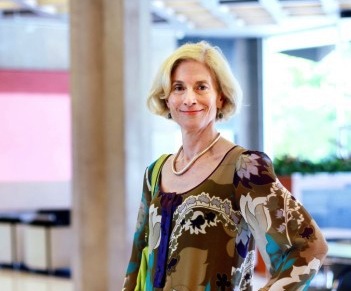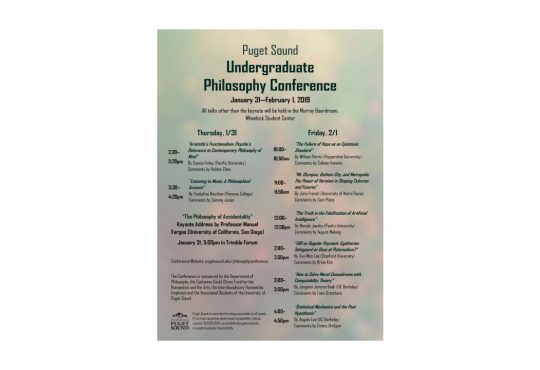
Martha Nussbaum, author and professor of Law and Ethics at The University of Chicago, helped the campus stay informed and aware of what she called “The New Religious Intolerance”, in a lecture she gave on Dec. 2.
Nussbaum’s lecture discussed how in America, and particularly Europe, anti-Muslim behavior is on the rise. She made the point that these sentiments are not so different from the behaviors of the anti-Semitic movement that swept Europe and America. The same over-generalizations and blinding fear that guided the country’s actions at that time seem to have resurfaced and are clouding the thoughts and decisions of policymakers and citizens around the world.
For her lecture, Nussbaum focused her argument on the recent bans passed in Belgium and France banning women from wearing the burqa, a traditional headcovering of the Muslim religion, in public. Nussbaum examined the possible justifications for such laws and then disproved them using evidence and sound logic.
Such a ban is said to have been put in place because the burqa poses a security threat because it often covers everything except the eyes. While such sentiment could have good intentions, it is flawed for several reasons. Nussbaum pointed out that the ban has no restrictions on other articles of clothing that cover the face, such as scarves and hoods. It would be unpractical and preposterous to arrest citizens for trying to stay warm in the winter, yet the double standard of the ban continues.
The ban’s attempt to curb the threat of terrorism is evident, and though terrorism is something that should always be protected against, the ban goes about it in the wrong way. Nussbaum pointed out that, if terrorists were smart, they would not be the one wearing the burqa in public, but instead be blending in with the crowd. Because of the recent sentiments towards Muslims, wearing a burqa draws attention, exactly what a terrorist does not want. It is these intelligent terrorists, the ones who know how to slip by undetected, that governments should be on the lookout for, not women honoring their religion as they see fit to do so.
People tend to see the burqa as a symbol of repression and violence against women, forcing them to remain out of sight and out of mind. Nussbaum explained that this sentiment is also misplaced. The fact that violence may or may not happen in the homes of Muslim women should not hinge on the fact that a woman is wearing a burqa, but only if violence is actually taking place and needs to be addressed.
She said that violence in the home is a problem found around the world, and a battle that does need to be fought again and again, but claiming that this violence stems from an article of clothing is demeaning to women. It suggests that as long as she wears the burqa, she is submitting to male dominance, even if the choice was of her free will.
Nussbaum noted that the same inferences could be made for the oversexualization of women in our society, that the more revealing the clothing a woman chooses to wear, the more she is giving into the objectification of her sex. This argument has its own ongoing debate which I will not get into right now, but it is apparent that the double standard continues.
Nessbaum’s most recent works include The New Religious Intolerance: Overcoming the Politics of Fear in an Anxious Age (2012) and Political Emotions: Why Love Matters for Justice (2013).

